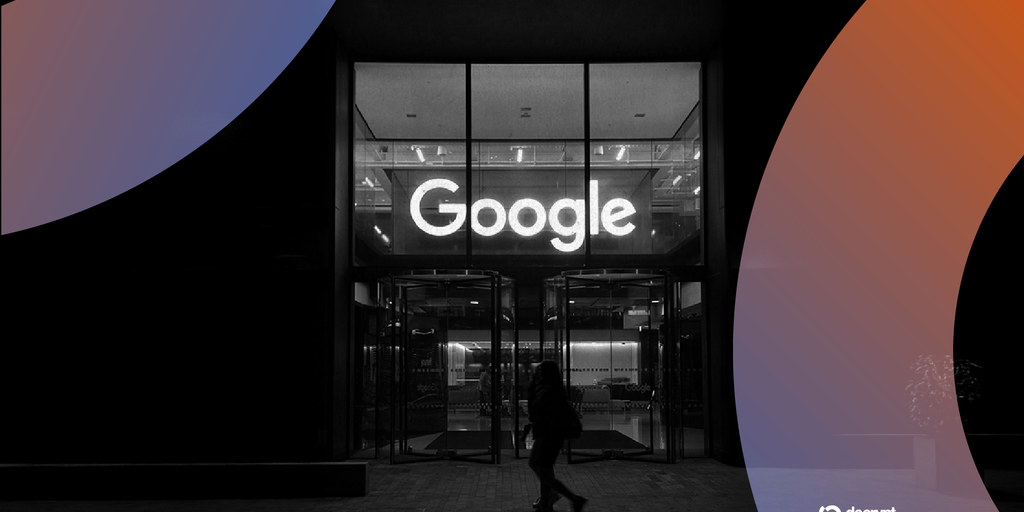
Summary
- Brothers Anton and James Peraire-Bueno filed a motion on Friday to block Google search evidence, arguing that prosecutors intend to use searches for legal terms to infer criminal intent in their alleged 12-second Ethereum blockchain exploit.
- The defense contends that the searches happened during meetings with their lawyers after being targeted by “anonymous sandwich attackers,” and addressing them would require waiving attorney-client privilege.
- If found guilty, the brothers could face a maximum of 20 years in prison for each count in what prosecutors describe as the first criminal case concerning MEV-boost blockchain exploitation.
The two brothers, graduates of MIT and accused of stealing $25 million in crypto via a blockchain exploit, are working to prevent their Google search history from being presented in court, asserting that federal prosecutors are attempting to misuse searches for “top crypto lawyers” and “wire fraud statute of limitations” to establish criminal intent.
Anton and James Peraire-Bueno filed the motion in a Manhattan federal court, asserting that the searches are “unfairly prejudicial” and were conducted during privileged attorney discussions following their alleged heist in April 2023.
U.S. District Judge Jessica G.L. Clarke must determine if searches carried out after the alleged crime can indicate guilt or merely represent sensible legal consultation during the investigation.
The brothers were arrested in May 2024 on charges of conspiracy, wire fraud, and money laundering, with prosecutors labeling it a “first-of-its-kind manipulation of the Ethereum blockchain.”
Authorities accuse the brothers of leveraging their “specialized skills and education” to exploit Ethereum’s MEV-boost system in April 2023, fraudulently intercepting private transactions and siphoning off $25 million in just 12 seconds.
Court records indicate they secured legal counsel immediately after facing threats from “anonymous sandwich attackers” demanding the return of the alleged stolen assets.
Defense lawyers submitted detailed privilege logs showing that the Google searches closely aligned with attorney communications.
One of the searches for “top crypto lawyers” coincided with “communications with potential counsel seeking legal representation,” as noted in court documents.
“For the government to advance its favored conclusion (i.e., consciousness of guilt regarding the alleged crimes), it must first demonstrate that any specific search is related to this case,” the brothers stated in their motion. “However, the contents of the searches alone do not substantiate that.”
The defense argues that prosecutors have no eyewitnesses who could clarify the searches, making any implications of criminality “purely speculative.”
“Google search histories can provide clues, but they’re dependent on context,” said Alex Chandra, a partner at IGNOS Law Alliance. “Just because someone searched for something doesn’t automatically equate to intent or guilt.”
“Searches conducted after the alleged conduct are weaker pieces of evidence,” he explained, in contrast to those that occur prior to alleged crimes, which might indicate intent or planning.
“It still requires supportive evidence to show that the searches align with criminal intent,” he continued. “It would be perilous if Google searches were taken as conclusive evidence alone.”
The brothers also sought to exclude news articles as hearsay that contain “inflammatory descriptions,” and to block a Twitter screenshot of their alleged “false signature,” contending that prosecutors cannot authenticate an image from pseudonymous researcher samczsun’s tweet.
Each brother faces up to 20 years in prison for every count if they are convicted.
Daily Briefing Newsletter
Begin each day with the latest news stories, along with original features, a podcast, videos, and more.

